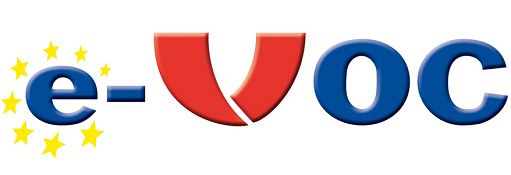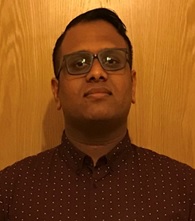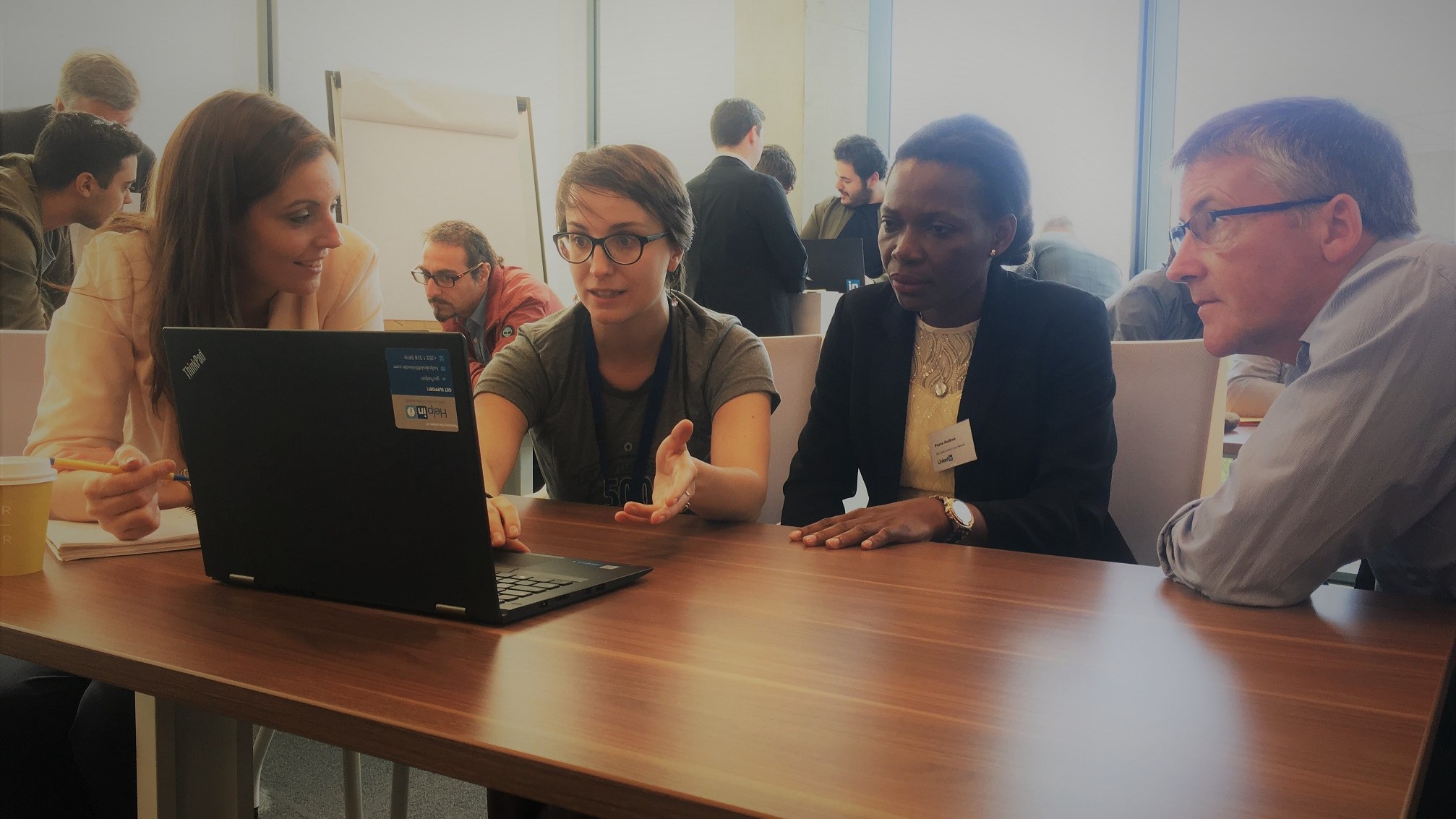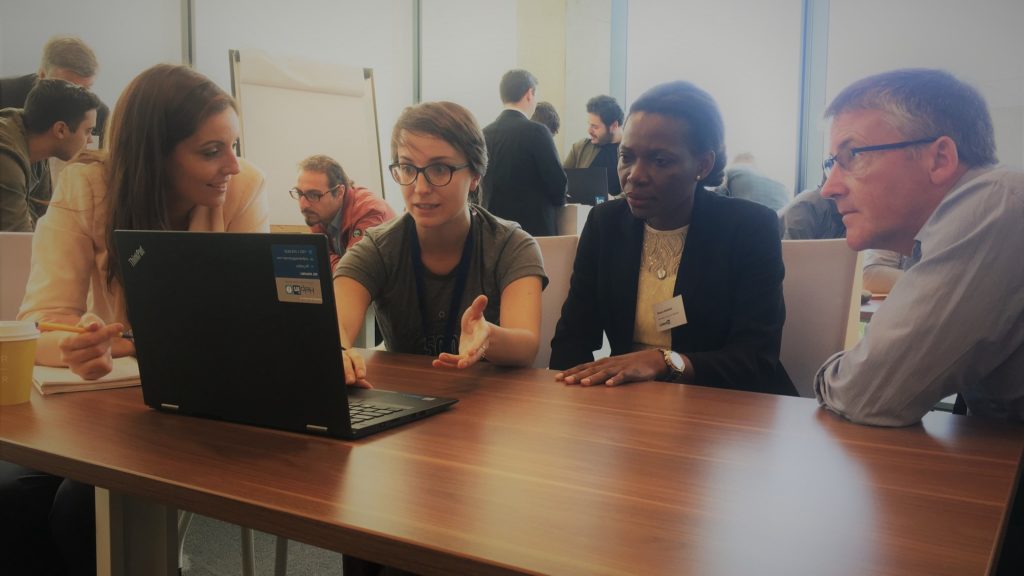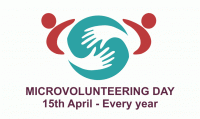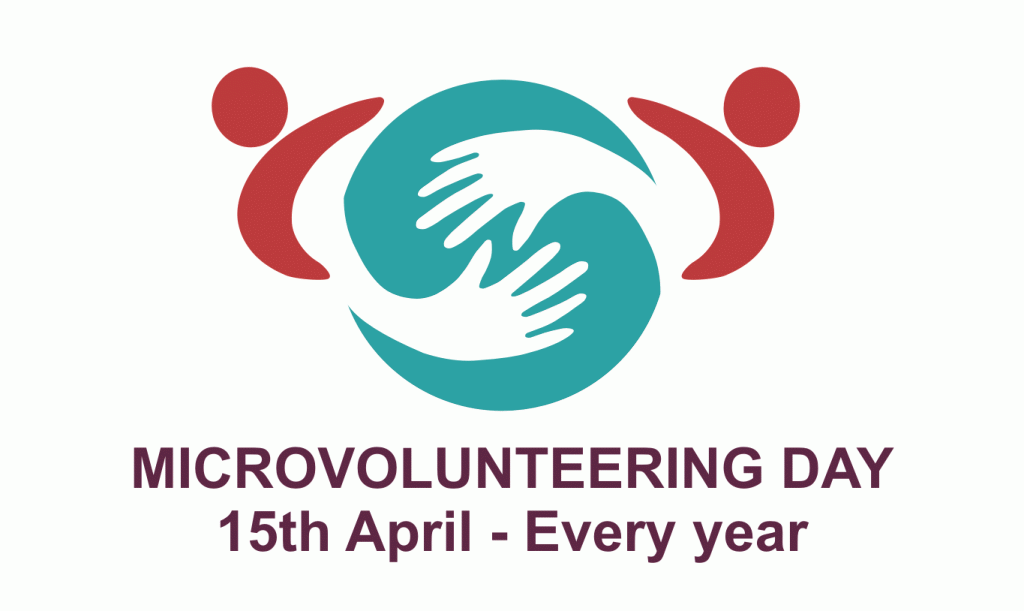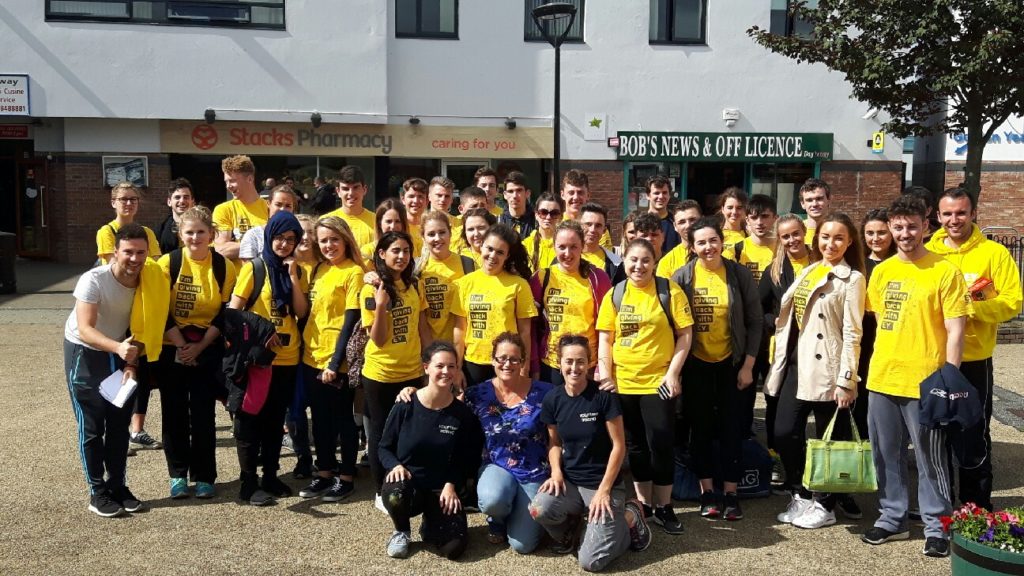Domestic Abuse Volunteer Named Volunteer of the Year
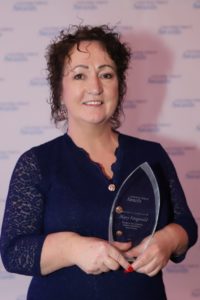
Mary Fitzgerald from Co. Clare was today named Christine Buckley Volunteer of the Year at the Volunteer Ireland Awards. Over 1 million people in Ireland volunteer and these awards aim to say thank you for the hard work, dedication and impact of volunteers across the country.
From an early age Mary wanted to make a difference to people’s lives. In her teens, she was moved by the pictures on TV of the street children in India and she travelled to volunteer with Mother Teresa’s Missionaries of Charity in Calcutta.
On her return, she was touched by the plight of Clare families fleeing from domestic abuse who were forced to stay overnight in the reception of the local Garda station. As there was nowhere in Clare for them to go, Mary took some of these women and children into her own home. Wanting to do something about the situation, she founded Clare Haven Services in 1993 which eventually led to the development of a 24 hour refuge for those escaping domestic abuse.
Mary is also passionate about helping young girls and boys identify abusive patterns early on in a relationship and in the 1990’s she delivered school workshops on healthy relationships. This has now become part of the current SPHE programme in secondary schools.
According to Volunteer Ireland CEO Nina Arwitz “Mary is a real inspiration and the embodiment of the volunteering spirit. She saw a need in her commnunity and took action to make a difference in people’s lives. All of our nominees and winners tonight have incredible stories to share and we are delighted to be able to thank and celebrate them tonight. Hopefully their stories will inspire others to get involved in their communities.”
Other winners on the night include Laura Brennan who, despite having been diagnosed with terminal cervical cancer at age 25, advocates tirelessly to raise awareness of the HPV vaccine. The award for Outstanding Group was taken home by Pullough Community Action Group who created a community shop in their village which is fundraised for and manned by volunteers.
This year we are pleased to partner with Healthy Ireland who share our ethos of volunteering contributing to healthy, vibrant communities. Kate O’Flaherty, Head of Healthy Ireland said
“We are delighted to partner with Volunteer Ireland on this year’s awards. Volunteering has been proven to have many health benefits to both the individual and local communities. Tonight’s nominees are a great example of volunteers getting involved in their communities and making them healthier, happier places to live.”
The eleventh Volunteer Ireland Awards took place on Friday 7th December in the Carlton Hotel, Blanchardstown, Dublin 15. Winners were announced in eleven categories along with the overall Christine Buckley Volunteer of the Year. The award is named after Christine Buckley who was a vigorous camapigner for those who suffered institutional abuse and sadly passed away in 2009. Volunteer Ireland is proud to honour the memory of such an inspirational volunteer.
Ends
Notes to Editor
Volunteer Ireland Awards Winners 2018
Volunteer of the Year
Mary Fitzgerald, Haven Horizons, Clare
Having been touched by the number of people fleeing domestic abuse in the Clare area, Mary Fitzgerald took some of the women and children into her own home and then set up Clare Haven Services to provide 24 hour refuge. Seeing the need, she also set up Haven Horizons to establish prevention programmes which address the lack of awareness and education around the underlying causes of domestic abuse.
Animals and Environment
Maeve O’Donoghue, Mullingar Dog Shelter, Westmeath
Maeve O’Donoghue set up and runs the Mullingar Dog Shelter Facebook page dedicated to reuniting dogs with the their owners and in some cases finding them new homes. The number of dogs put to sleep since Maeve began volunteering has reduced significantly.
Arts, Culture and Media
Louise Borre, Galway International Arts Festival (and others), Galway
Louise Borre is such a vital volunteer at the Galway International Arts Festival, she was promoted to Big Top Team Leader and had venue managers request her on their team. She is invaluable to the festival but still find time to volunteer for Cosáin Galway too.
Camapigning and Awareness Raising
Laura Brennan, HSE (and others), Clare
At just 25 years old and with a terminal cervical cancer diagnosis, Laura Brennan spends much of her time advocating in favour of the HPV vaccine, encouraging parents to protect their daughters from HPV and cervical cancer through various media engagements, public speaking opportunities and social media.
Children and Youth
David O’Hara, Solas Project, Kildare
Dave O’Hara is a mentor in Solas Project’s After School’s club for children aged 11 – 13. Dave is a volunteer of all trades – he is the handy man, the class clown, the extra pair of hands, the homework genius and also a great support to staff.
Community
Cormac Sertutxa, Irish Red Cross – Tralee Branch, Kerry
Cormac Sertutxa has taken on many roles since he joined the Irish Red Cross in Tralee four years ago. Through his role as Health and Safety Officer he develops supports and services to vulnerable people in his local community and has become one of the first people trained as a Psychological First Aid Facilitator.
Health and Disability
Mary Arrigan-Langan, Octopus Swimming Club, Galway
Mary Arrigan-Langan set up Octopus Swimming Club in 1981 for people with physical disabilities. The club allows people with a range of disabilities to become ‘water free’ and get the physical and emotional benefits from swimming and being part of a club.
Safety and Emergency Services
Nancy White, Lorrha Community Responder Group, Tipperary
Nancy White single handedly brought together a group of volunteers and set up the Lorrha Community Responder Group. She has organised an incredible number of CPR/AED training sessions across the area and acquired 5 new defibrillators for the community.
Social Work and Social Inclusion
Sheila Busher, Arklow Community Action Resource Centre, Wicklow
Sheila Busher has been helping her community for over 15 years. With Arklow Community Action Resource Centre, she currently organises two nights of the Foodcloud deliveries to over 160 families in need in the local area.
Sports and Recreation
Sinead Kelly, Raphoe Town Football Club, Donegal
In just 2 years, Sinead Kelly took Raphoe Town Football Club from less than 10 girls playing to over 30 players and a number of teams entered in the Donegal Women’s League. Sinead has positioned the club in the heart of the community, building strong and positive links with local schools and clubs and making an impact in local community initiatives.
Outstanding Group
Pullough Community Action Group – Community Shop Volunteers (8), Offaly
Pullough Community Action Group was set up by a group of 8 volunteers who felt the small rural village needed to have a shop where local people could buy basic groceries and meet their neighbours on a regular basis. The shop – which is manned by volunteers and brought new life to the village – is open seven days a week.
Volunteer Manager of the Year
Sara Murphy, Victim Support at Court (V-SAC), Dublin
Sara Murphy manages the Victim Support area in the Criminal Courts of Justice which deals mainly with murder and rape trials. Sara is known and loved by the court services, gardai and the legal professionals within the court. She is as much a friend as a manager to all the volunteers and other staff members of the service and ensures that everyone feels comfortable and confident with what they are doing.

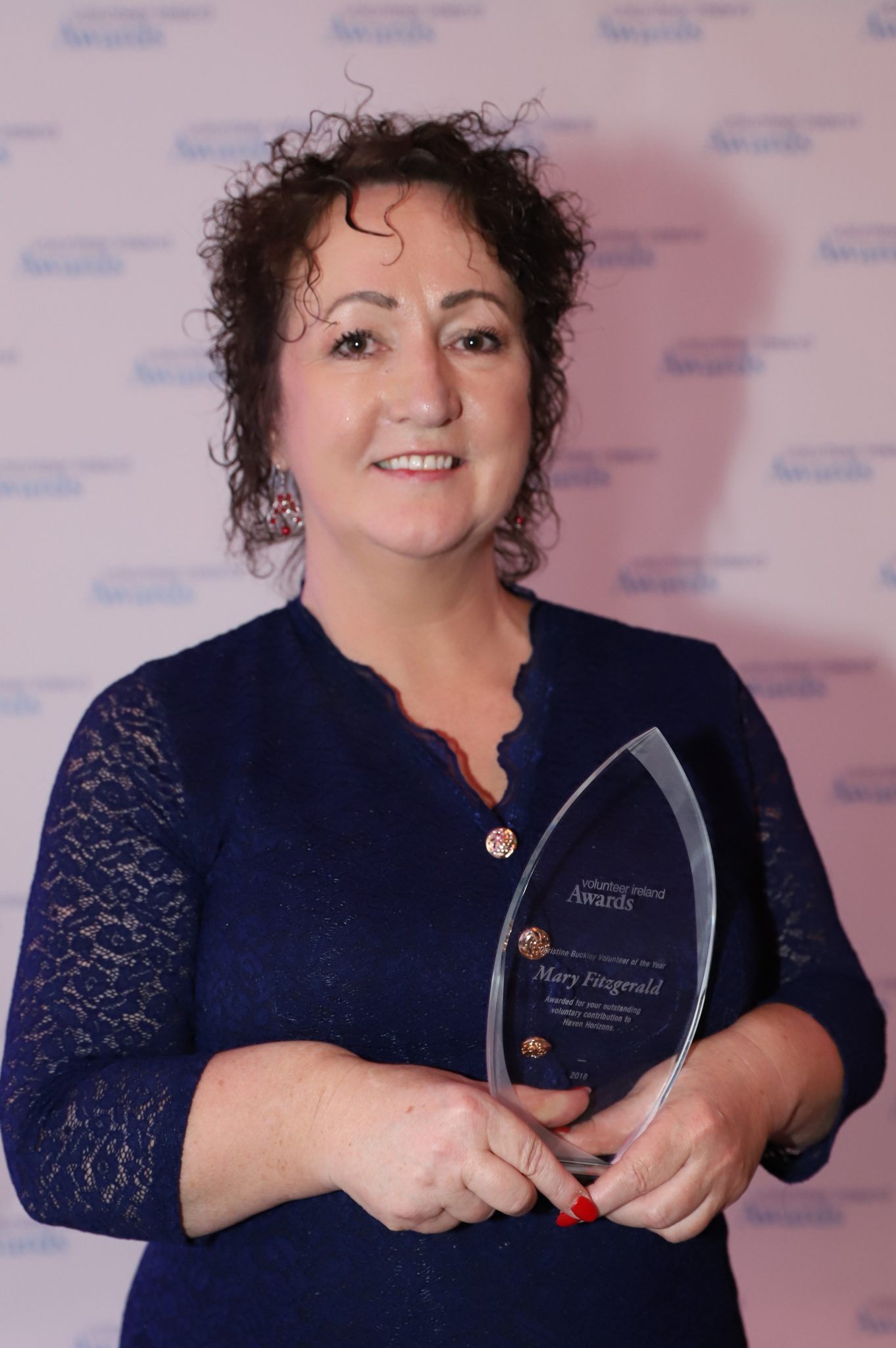
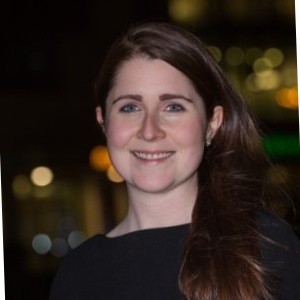
 Emma Kerins is Head of Policy and Public Affairs with Chambers Ireland. She is also a voluntary trustee of the board of the YMCA Dublin. She tells us what being part of a charity board is like.
Emma Kerins is Head of Policy and Public Affairs with Chambers Ireland. She is also a voluntary trustee of the board of the YMCA Dublin. She tells us what being part of a charity board is like.
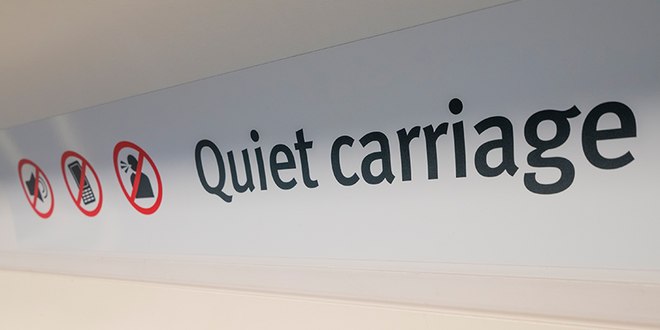
 Volunteer Ireland’s Training and Programmes Manager Stuart Garland shares his thoughts on talking, listening and learning from others as volunteering evolves globally.
Volunteer Ireland’s Training and Programmes Manager Stuart Garland shares his thoughts on talking, listening and learning from others as volunteering evolves globally.